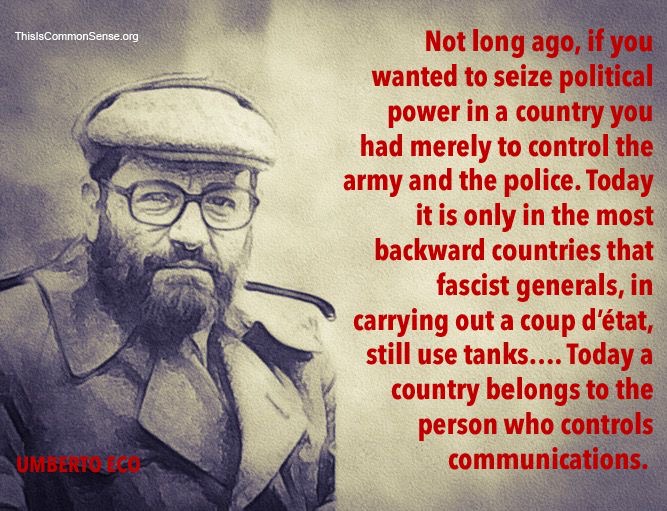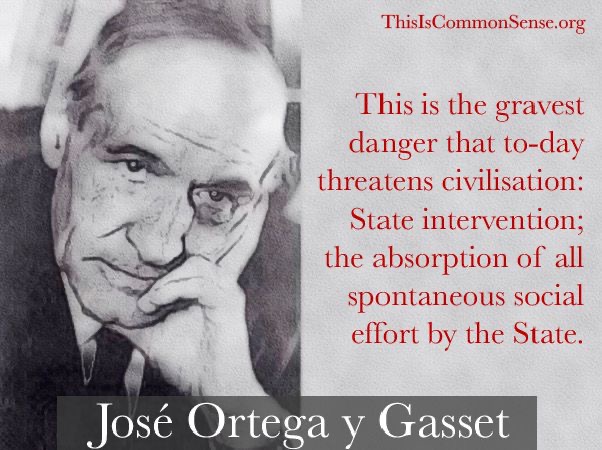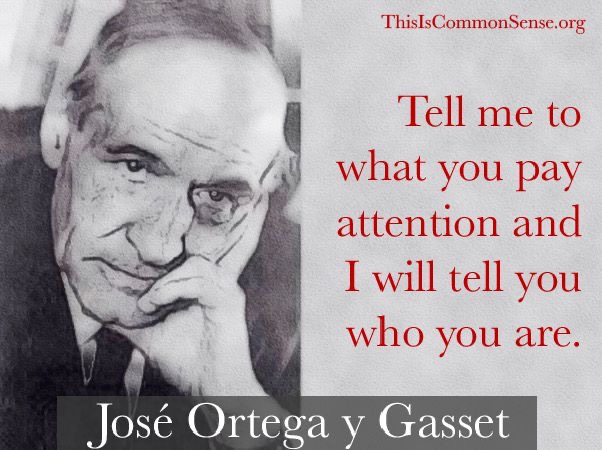At all times sincere friends of freedom have been rare, and its triumphs have been due to minorities, that have prevailed by associating themselves with auxiliaries whose objects often differed from their own; and this association, which is always dangerous, has been sometimes disastrous, by giving to opponents just grounds of opposition, and by kindling dispute over the spoils in the hour of success.
John Emerich Edward Dalberg Acton, 1st Baron Acton (January 10, 1834 – June 19, 1902), The History of Freedom in Antiquity (1877).
Lord Acton




